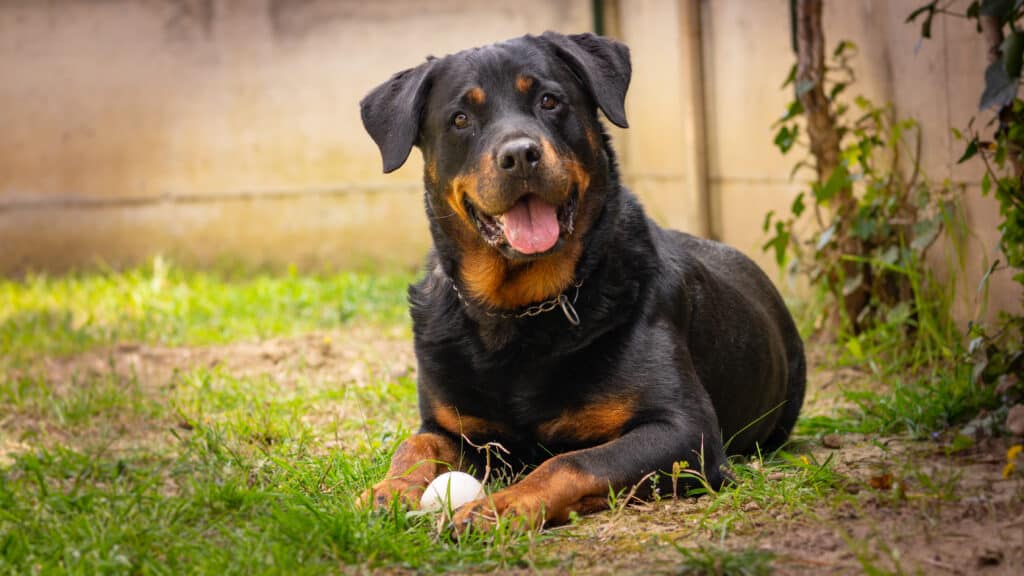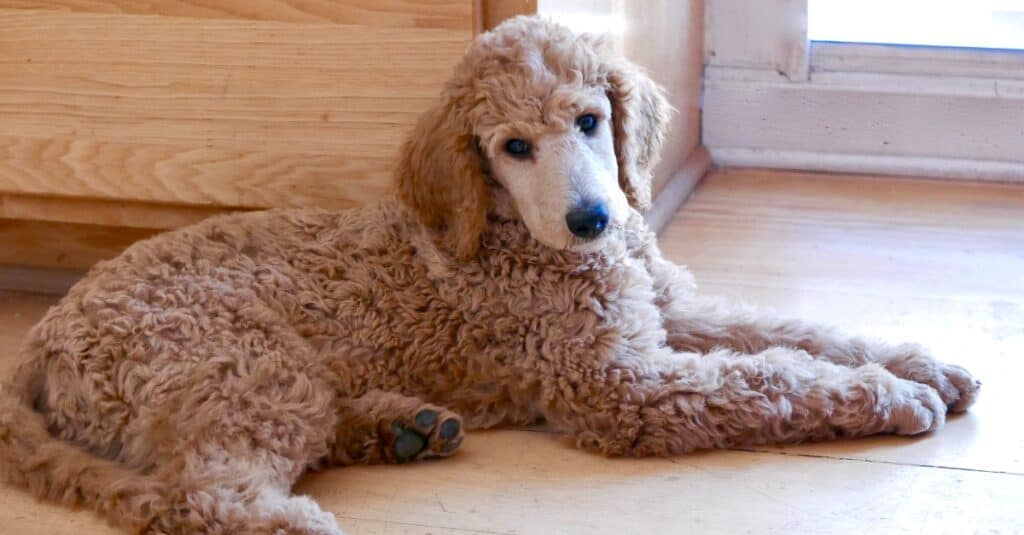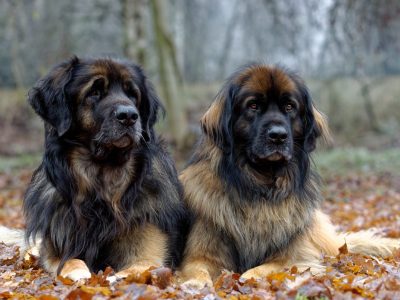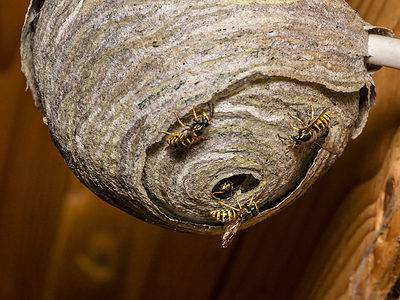Rottle
Canis lupus familiaris
Advertisement
Rottle Scientific Classification
- Kingdom
- Animalia
- Phylum
- Chordata
- Class
- Mammalia
- Order
- Carnivora
- Family
- Canidae
- Genus
- Canis
- Scientific Name
- Canis lupus familiaris
Read our Complete Guide to Classification of Animals.
Rottle Conservation Status
Rottle as a Pet:
- General Health
- Energy Level
- Shedability
- Trainability
- Intelligence
- Tendency to Chew
- Size
- Family and kid friendliness
- Yappiness / Barking
- Low
- Separation Anxiety
- High
- Preferred Temperature
- Average climate
- Exercise Needs
- High
- Friendly With Other Dogs
- High
- Pure bred cost to own
- Initial purchase: $500-$1,500; annual upkeep: up to $1,000 a year.
- Dog group
- Working
- Male weight
- 30-100 lbs
- Female weight
- 30-100 lbs
View all of the Rottle images!
Rottle Introduction
Rottles, also known as Rottie-Poos or Rottidoodles, are a relatively recent hybrid of the Rottweiler and the Poodle that originated in the United States in the 1980s. Their Rottweiler ancestors may have been descended from dogs left behind in northern Europe by the retreating Roman army. Modern Rottles have been bred to combine some of the best features of two immensely popular breeds. They have a sweet and playful nature and do well with other pets and children. They can be reserved and protective around people they don’t know and have a prey instinct to chase smaller creatures, but these behaviors can be modified, as they are quite intelligent and easy to train. People considering this breed should remember, though, that hybrid dogs, especially those without a long breeding history, can inherit unpredictable traits from the individual genetic mix of their parents. Puppies should be monitored and trained as necessary to bring out their adorable personality traits.
Rottle Fun Fact
“The ancestors of the Rottle might be descendants of European dogs left behind by the Roman army.”
See all of our expert product reviews.
3 pros and cons of owning Rottles
| Pros! | Cons! |
|---|---|
| Super loving Rottles love people and get along great with children as well as any pets in the house. They want to please you and will do comical things to get attention. | Unpredictable traits Generally speaking, these are wonderful dogs, but it is unpredictable what precise set of traits an individual puppy will inherit from its parents. If possible, it’s best to observe the parent dogs before committing to a Rottle pup. |
| Relatively quiet They don’t bark much unless they feel there is a definite threat. This can make them less annoying to you . . . and your neighbors. | Loads of energy These dogs are athletic, muscular, and highly energetic. They love to play with someone, not just alone, so be sure that fits with the lifestyle of your family. |
| Advantages of a rare breed This is an uncommon dog that will be a topic of curiosity and conversation. Rarer breeds are not mass-produced by breeders or puppy mills, so they will be less inbred and healthier. | Can be stubborn Rottles are very intelligent and enjoy interacting with humans, so they are highly trainable. They can have a stubborn tendency, though, that requires patience and consistency to achieve training goals without breaking the animal’s spirit. |
The Best Dog Food For Rottles
When considering a dog food for your Rottle, you’ll want to chose a healthy food made from natural ingredients and make sure to follow portion guidelines recommended by your veterinarian. Obesity is one of the biggest health problems for all breeds of dog.
A-Z Animals recommends Blue Buffalo Life Protection Formula Natural Adult Dry Dog Food. It’s made from healthy natural products like real chicken, whole grains, healthy vegetables, and fruit. It contains no low-grade fillers such as poultry by-product meals, corn, wheat, soy, artificial flavors or preservatives. It has a scientific blend of antioxidants, vitamins and minerals, including omega 3 and 6 fatty acids. You’ll see a difference in your dog’s shiny coat, healthy skin, and energy level.
Rottle Size and Weight
Rottles can vary greatly in size and weight depending on their parentage. In particular, because poodles come in miniature and standard sizes, Rottles can range from medium to large sized. Rottles of either gender may range from 18-27 inches tall and 30-100 pounds in weight.
| Height (Male) | 18-27” Tall |
| Height (Female) | 18-27” Tall |
| Weight (male) | 30-100 lbs, fully grown |
| Weight (female) | 30-90 lbs, fully grown |
Rottle Common Health Issues
Rottles inherit not only the positive traits of their parent breeds but some of their problems as well. Conditions you and your vet should monitor them for include:
Rottle Temperament and Behavior

Much like a Rottweiler, rottles can be protective and reserved around strangers.
Health and Entertainment for your Rottle
- The Best Dog Food for Labrador Retrievers (Senior, Puppy, and Adult)
- The Best Wet Food for Senior Dogs
- Victor Senior Healthy Weight Dog Food Review: Recalls, Pros, Cons, and More
- The Best Dog Food for Chihuahuas: Ranked and Reviewed
- Best Dog Food for Dogs With Diarrhea (Senior, Adult, and Puppy) — Reviewed and Ranked
See all of our expert product reviews.
©nicolas.fontana/Shutterstock.com
These dogs are noted most of all for their devoted, loving nature. They interact very well with other pets and with children. They can be protective and reserved around strangers, though. Given that traits may differ depending on the individual dog’s genetic heritage, you should watch new puppies closely to determine their characteristics and training needs.
Rottles are also quite smart, sociable, and eager to please. This makes them not only fun companions, but for the most part easily trainable. Some are particularly independent-minded, though, and will resist training, particularly if you don’t make it into a positive bonding experience.
How To Take Care of Rottles
Rottle Maintenance and Grooming
Rottles come in a variety of coat colors: gray, blue, red, brown, white, black or a combination of two or more colors. Their coats can be single or double-layered and are usually medium to long length and dense and curly.
They are low shedding but their coats do need brushing at least every other day to detangle them and prevent mats. They should be professionally groomed every 6-12 weeks. This can be expensive as groomers charge more for larger dogs, particularly if you’ve fallen behind on your daily brushings.
Rottle Training
They can be easily trained if started early in puppyhood. Positive training methods based on praise and rewards rather than punishments should always be used. Untrained, a Rottle may become excessively protective of their food and toys and use guarding behaviors against people it doesn’t know. This can especially be difficult if you have a Rottle on the larger end of the size range.
Rottle Exercise
Rottles are a playful, fun-loving, very energetic breed. They need daily exercise with a long walk and playtime in a fenced yard. Rottles like running, swimming, and playing ball. They generally do well at dog parks because of their general friendliness. Because they are quite intelligent, they will enjoy tasks that require some problem-solving skills, exercising both their mind and their body.
Even though these dogs are so athletic and can be quite large, they do adapt well to apartments or small homes. And because they don’t bark very much, the can be good neighbors. Left alone too long they will act out on separation anxiety, however, and then all bets are off.
Rottles and Children

Much like poodles, rottles are considered quite good with children.
©iStock.com/Laura Fay
Many consider rottles quite good with children. However, this can vary from puppy to puppy. Until you get to know your dog better, closely supervise them around small children. Larger Rottles can be clumsy and not understand their own size and strength. They might knock over a child or play-bite too hard. They can also be over-protective when your children’s friends come to visit. All of these behaviors are trainable with a consistent, positive training regimen.
Dogs similar to Rottles
- Rottweiler – Rottweilers are one of the parent breeds of Rottles and are similar in appearance. Rottles live longer, shed and drool less, and are generally healthier.
- Poodle – Poodles are another of the parent breeds of Rottles. They are considered easier for novice owners. Are also even more kid-friendly, dog-friendly, and friendly to strangers than Rottles.
- Beauceron – This breed looks like a Rottle and is similar in temperament, but barks more and tends to have more health issues. It is considered to be a good companion dog for the elderly.
Popular Names for Rottles
Here are some names you can consider for your male Rottle:
- Apollo
- Moose
- Brutus
- Chief
- Finn
Try out one of these names for a female Rottle:
- Ava
- Freya
- Zelda
- Ginger
- Nina
Related Animals
View all 114 animals that start with RRottle FAQs (Frequently Asked Questions)
How much does a Rottle cost to own?
The average lifespan of a Rottle is 10-15 years.
Is the Rottle good with kids?
Rottles are usually good with children if raised from puppyhood with them and properly trained.
How much does a Rottle cost to own?
The typical price of a Rottle is $500-$1,500 but those with desirable pedigrees can be twice as expensive. Annual food, medicine, and supplies may run $1,000 a year.
Thank you for reading! Have some feedback for us? Contact the AZ Animals editorial team.
Sources
- Hepper.com, Available here: https://www.hepper.com/rottle/
- Kidadl.com, Available here: https://kidadl.com/facts/animals/rottle-facts
- Dogell.com, Available here: https://dogell.com/en/compare-dog-breeds/rottweiler-vs-beauceron
- The Happy Puppy Site, Available here: https://thehappypuppysite.com/rottle/
- Loverdoodles.com, Available here: https://www.loverdoodles.com/pros-and-cons-of-owning-a-rottle/
- (1970)
















